Kidney Health, The Next Generation: 13 Modern Habits That Are Silently Damaging Your Kidneys
Our kidneys work quietly, filtering every drop of blood in our bodies—yet rarely do they demand our daily attention. Whether you’re grabbing a quick snack between meetings or staying up late with your phone, modern life brings new habits that don’t always play nicely with these incredible organs. Many of us assume kidney trouble only comes from “major” threats, like uncontrolled diabetes or heavy drinking. But in reality, it’s those little choices—the drinks you swap for water, the overtime screen sessions, the hidden sodium in that “healthy” frozen dinner—that quietly add up, often without us knowing. The truth is that kidney health rests on an entire lifestyle. As medical experts point out, most kidney problems develop over years—so making small, sustainable choices truly matters. Yes, genetics and age play a role, but our daily routines—what we eat, drink, and how we handle stress—shape our risk much more than we realize. This list is a gentle, compassionate look at thirteen modern habits that might be sneaking up on your kidneys. Wherever you’re starting, think of these as opportunities, not warnings: little shifts that fit real life, each one a quiet act of self-care for the remarkable engine room inside you.
1. Skipping Water for ‘Other Drinks’
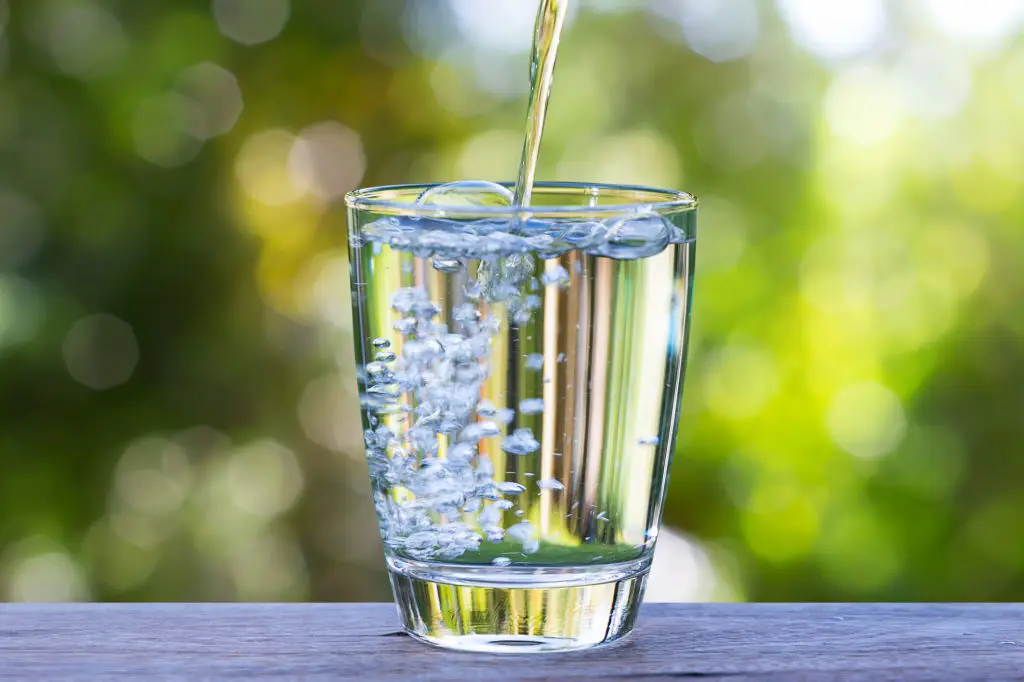
In the age of artisan coffee, sparkling sodas, and vitamin-infused waters, it’s easy to believe most fluids “count” toward daily hydration. Yet, our kidneys truly crave simple, clean water. Dr. Debabrata Mukherjee, a nephrologist, highlights that not drinking enough water consistently ranks as one of the most common modern kidney health traps. While your morning latte and favorite energy drink offer convenience, they can’t replace water’s gentle rinsing action in your body’s filtration system. Many adults misjudge their hydration, believing thirst alone is a good guide. Instead, try checking your urine color—a pale straw shade signals proper hydration, while darker tones hint it’s time to refill your glass. Reaching for filtered water over sweetened beverages takes only a mindful pause, yet does wonders for kidney function. Remember, a steady routine—rather than the occasional hydration “binge”—is what keeps filtration strong. Cheers to making water your everyday sidekick, one refreshing sip at a time.
2. Processed Food & Sodium Overload
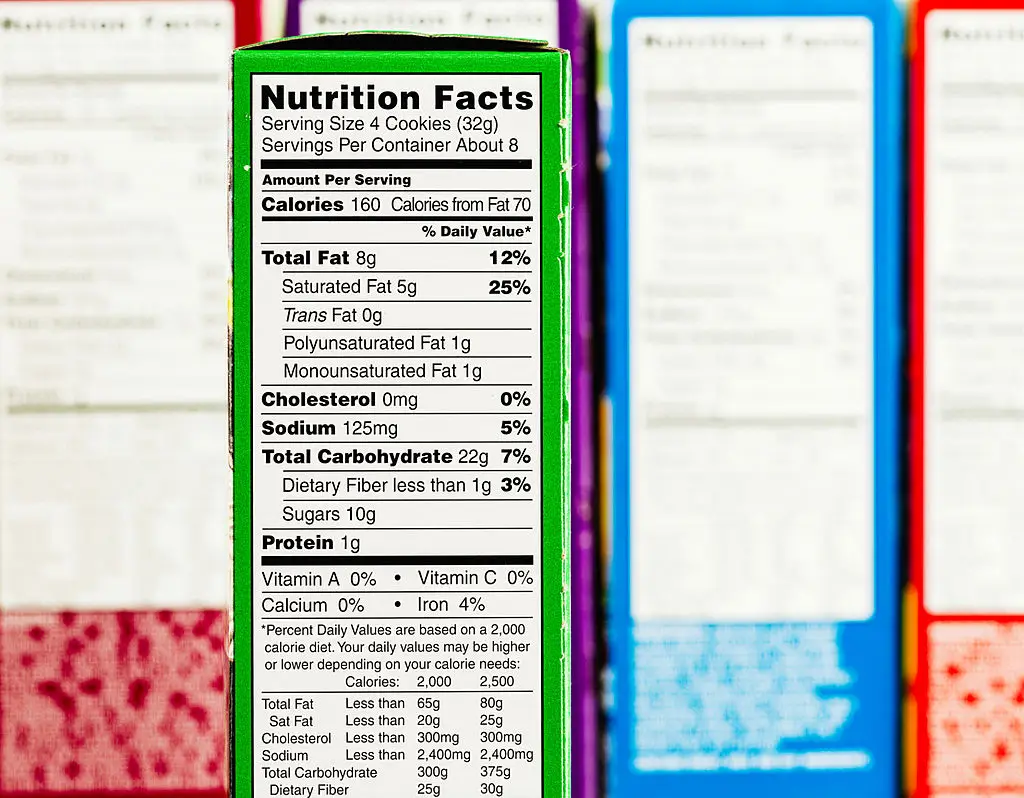
Those quick fixes in the freezer aisle or drive-thru line deliver convenience, but they may pack a hidden kidney punch—sodium. According to CDC estimates, 90% of Americans consume too much sodium daily, with processed and restaurant foods as the top culprits. Over time, extra sodium forces your kidneys to work harder, raises blood pressure, and quietly inches the risk of chronic kidney disease higher. Labels can be sneaky, with even seemingly “healthy” choices hiding sizeable sodium loads. Take a moment to compare brands, opt for low-sodium versions, and experiment with home-cooked herbs for flavor. Remember: it’s not about a perfectly salt-free existence, but about being gently aware. Each swap from boxed to fresh, each salad over a processed snack, gives your kidneys a grateful sigh of relief.
3. Endless Screen Time & Sedentary Days

Modern work, entertainment, and socializing often revolve around screens—leaving us sitting for hours on end. Medical research links extended inactivity to not only metabolic issues but also subtle kidney strain. Our bodies, like our kidneys, are designed to move. Each hour spent at the desk or binge-watching can quietly slow down healthy blood flow, making your filtration system less efficient over time. Building micro-movements into your routine—like a quick stretch during emails or a stroll while taking phone calls—truly helps. Standing desks and timed reminders can nudge even the busiest among us into action, breaking up sedentary stretches without disrupting productivity. Remember, you don’t need to trade your job for a treadmill. Every bit of movement counts toward a kidney-friendly rhythm of life.
4. Chronic Stress as a Silent Saboteur

While stress might seem a normal part of life, chronic stress quietly undermines kidney health. Prolonged worry triggers hormonal shifts, raising blood pressure and increasing strain on your body’s delicate filtration system. Studies have shown that even low-level, long-term stress can affect how well kidneys function, compounding risk in ways that might not show up until years later. The good news? Small, regular acts—deep breathing, enjoying music, light movement, or connecting with loved ones—can ease this burden. Rather than viewing stress management as another “to-do,” consider it a gentle gift to your kidneys (and your mind). Progress is about noticing moments of tension, then choosing even a brief pause to recenter. A little calm, here and there, adds up.
5. Energy Drinks, Protein Powders & Unregulated Supplements
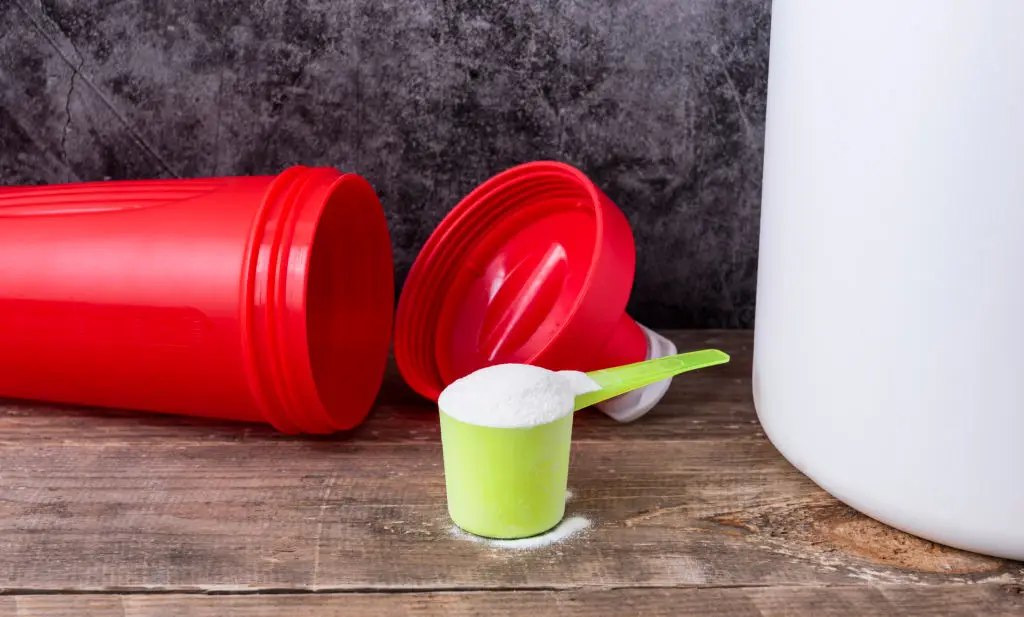
With endless products promising more energy, muscle, or focus, it’s easy to overlook what’s actually in your favorite supplement. Many wellness trends encourage heavy use of energy drinks, pre-workouts, and protein powders—often with little medical guidance. The trouble is, concentrated caffeine and high-protein loads can tax the kidneys, especially when paired with low hydration or underlying health risks. The safest approach: read labels carefully, use such products in moderation, and talk with a healthcare provider before adding anything new, especially if you have kidney concerns. No need to skip the occasional shake or fizz—awareness and moderation are key. Your kidneys prefer routine over “extreme” boosts, so celebrate every thoughtful choice as a win.
6. Single-Use Plastics and Hidden Toxins
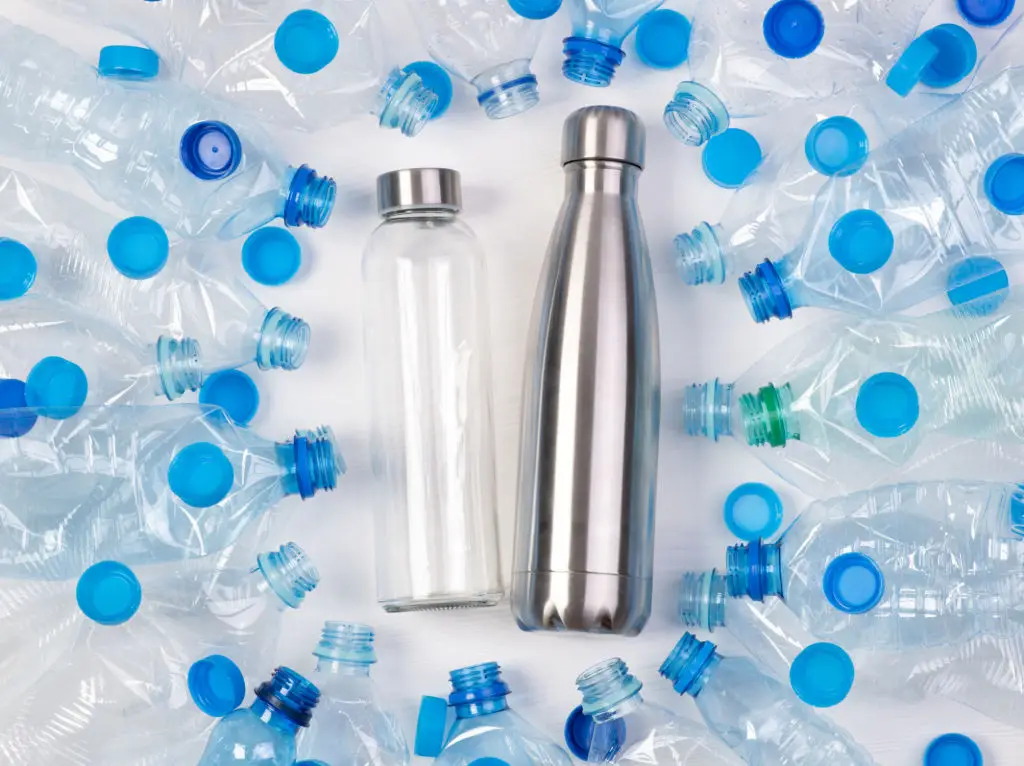
Plastics may seem like innocent conveniences, but their chemical additives—especially BPA—have been linked to long-term kidney burden. Our bodies work to process not just food and drink, but also particles from cleaning products, water sources, and even microplastics found in modern packaging. Over time, these subtle exposures compound, adding stealthy strain to your filtration system. Consider simple swaps: choose reusable, BPA-free bottles, read up on safer cleaning alternatives, and try to reduce single-use items at home. Research your tap water quality if possible. The message isn’t perfection, but progress; every new “habit loop” nudges environmental toxins out of your daily rhythm, keeping your kidneys one step closer to what nature intended.
7. Frequent Use of OTC Painkillers (NSAIDs)
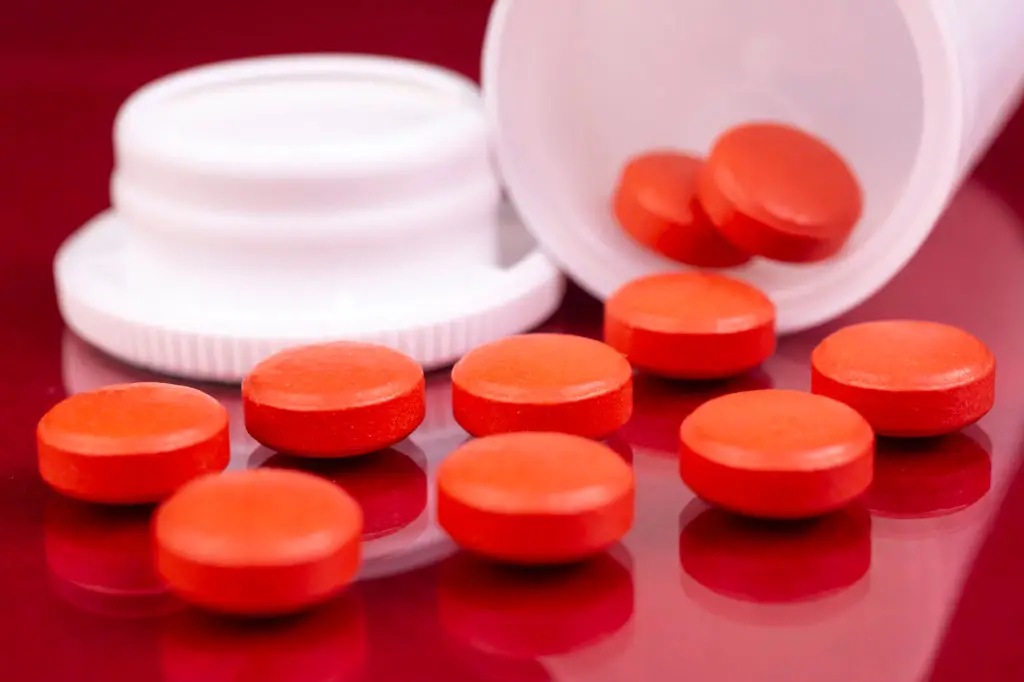
Reaching for over-the-counter painkillers like ibuprofen or naproxen seems harmless—after all, they’re marketed as safe and effective. Yet, frequent or long-term NSAID use can quietly reduce blood flow to the kidneys and, over months or years, contribute to chronic kidney damage. JAMA research notes that up to one in five adults uses OTC painkillers weekly without knowing the full risk. The smallest change—reading labels, paying attention to daily totals, and seeking other relief options for pain—can help. For recurring aches, check in with your doctor about safer strategies, from stretching to non-drug therapies. Your kidneys will thank you for every mindful decision.
8. Disrupted Sleep Patterns

With emails, entertainment, and stress often invading our nights, restorative sleep has become a rare luxury in modern life. Science increasingly links sleep disruption—including “revenge bedtime procrastination”—with not just exhaustion, but subtle kidney health decline. Poor sleep alters hormone rhythms and blood pressure, making filtration less efficient. Sleep hygiene doesn’t mean a total digital detox, but rather thoughtful boundaries: winding down with reading, dim lights, or gentle music. Celebrating whatever consistency you achieve—be it an extra hour per week or a new nighttime ritual—brings your body and kidneys needed pause. Think of sleep as quiet medicine your kidneys crave.
9. Dehydration from Caffeine or Alcohol
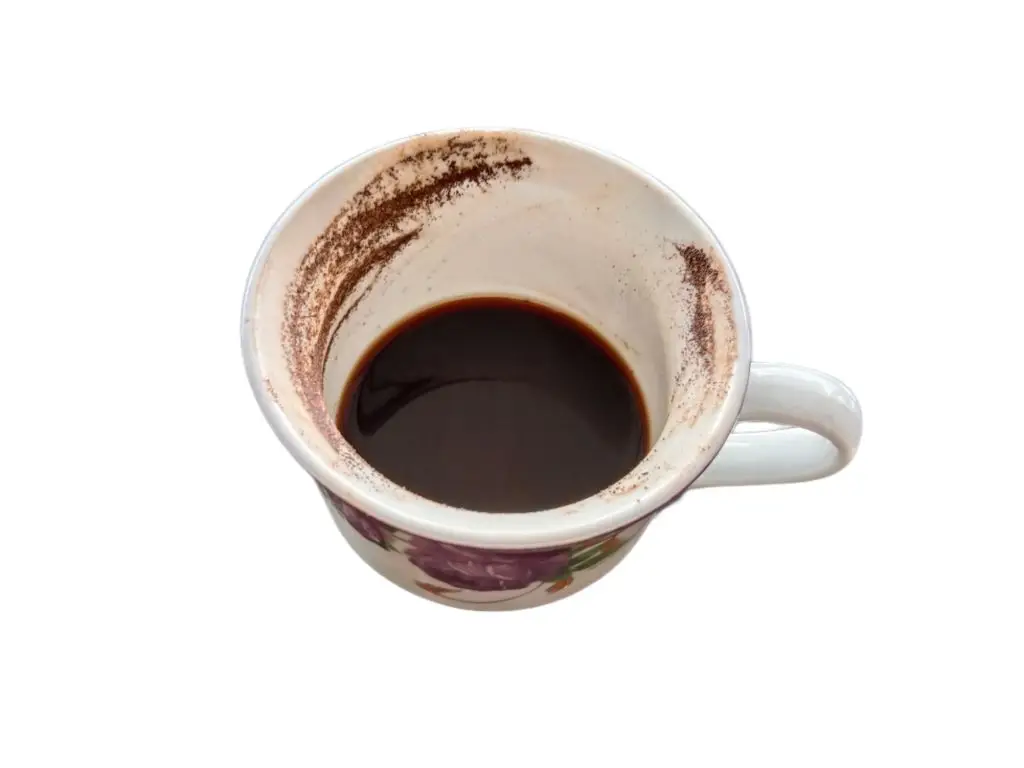
While coffee or a glass of wine isn’t off-limits, both have a diuretic effect, meaning you may lose more water than you think. Chronic, subtle dehydration makes kidneys’ filtering jobs tougher, gradually raising risks for stones or reduced function. Many people underestimate how even modest caffeine or alcohol use, especially without balancing with water, compounds thirst unnoticed. There’s no need to cut out your favorite drinks—just “chase” each with water and be mindful of how you feel the next morning. Setting small reminders can help keep hydration easy, not another chore. Your kidneys thrive on this balancing act, one glass at a time.
10. Crash Diets & Fad Regimens

From protein-heavy plans to rapid “detoxes,” trendy diets promise quick fixes—but can quietly increase the kidneys’ workload. Extreme changes—especially high-protein, low-carb, or fluid-restriction regimens—raise the demand on your filtration system, sometimes accelerating underlying health issues. Rapid weight swings, meanwhile, are challenging for overall metabolic stability. Real, sustainable changes work better for both waistline and kidney wellness. If you’re looking to adjust your nutrition, go slow; consult a professional when in doubt. Celebrate steady progress and flexibility. Your kidneys—and your future self—will benefit most from the gentle path.
11. Artificial Sweeteners in Everything
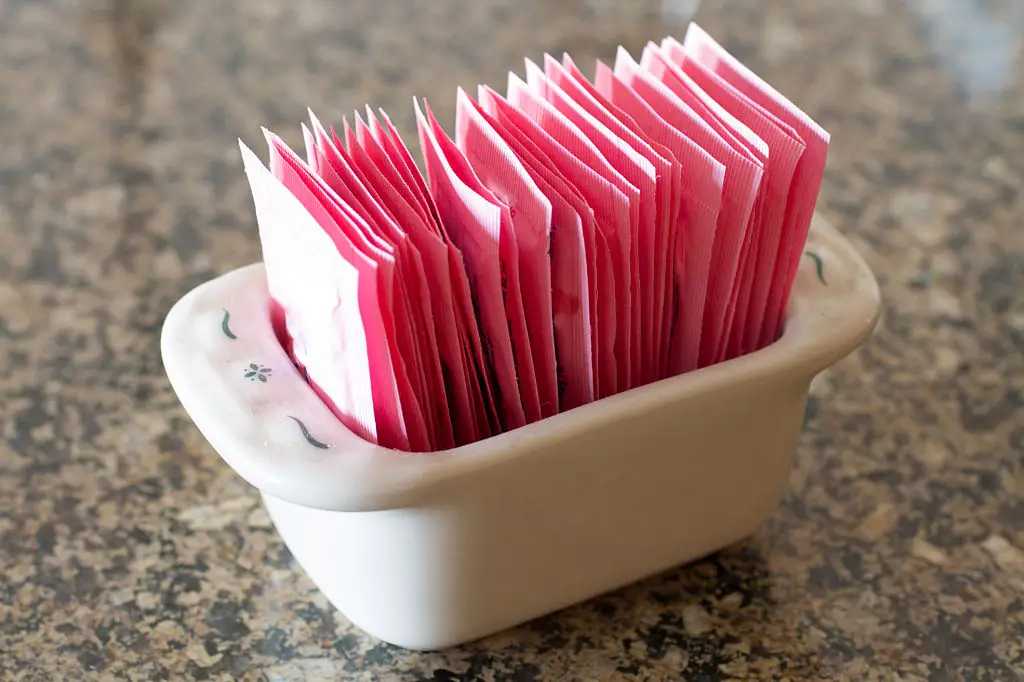
Sugar substitutes have made their way into sodas, yogurts, and even “health” bars, with many people unaware how frequently they consume these additives. While research is ongoing, some studies raise concern about heavy use of certain artificial sweeteners and long-term kidney function—especially in already at-risk individuals. Moderation is, as always, the best choice. If you reach for diet drinks often, try mixing in real fruit-infused water or unsweetened options. Whole-food swaps don’t require drastic overhauls, just small, doable changes. Your kidneys will benefit from fewer additives, one less packet at a time.
12. Irregular or Skipped Meals

Busy modern schedules mean meals are missed or rushed without thought—yet kidneys thrive on steady, balanced rhythms. Extended fasting, long gaps, or skipping meals may stress your body’s metabolism, increasing fluctuations in blood pressure and potentially harming long-term kidney health. Try planning even simple, portable meals or healthy snacks to keep energy steady. If your days are unpredictable, focus on consistency in at least one meal per day to start. Every bit of balance helps, nudging your kidneys into a comfortable, reliable groove.
13. Vaping, Smoking Hybrids & Modern Nicotine

While cigarette smoking’s kidney risks are well-known, new forms—vaping, e-cigarettes, and hybrids—are often marketed as “safer” but are not risk-free. Emerging research links these products to vascular stress and possible kidney strain, particularly with frequent, long-term use. If you’re working to quit, know that support exists—and every reduction counts. Vaping is a newer terrain for medical science, but most experts recommend caution. Protect your kidneys with honesty, patience, and by giving yourself credit for every step forward.
Small Shifts, Big Impact: Your Quiet Acts of Kidney Care

Protecting your kidneys doesn’t require a complete lifestyle overhaul or a quest for perfection. It’s the gentle, everyday choices—a glass of water, a moment of calm, a nutritious snack—that create the steady foundation for lifelong well-being. Even if modern life sometimes pulls us in every direction, each small step builds resilient health from the inside out. Move at your own pace and remember: progress, not perfection, is where real transformation happens. Your kidneys are with you through it all, asking only for simple care, steady attention, and an open mind to change. Embracing these mindful shifts honors both your body’s wisdom and your unique journey—because vibrant health, at every age, begins with what you choose today.